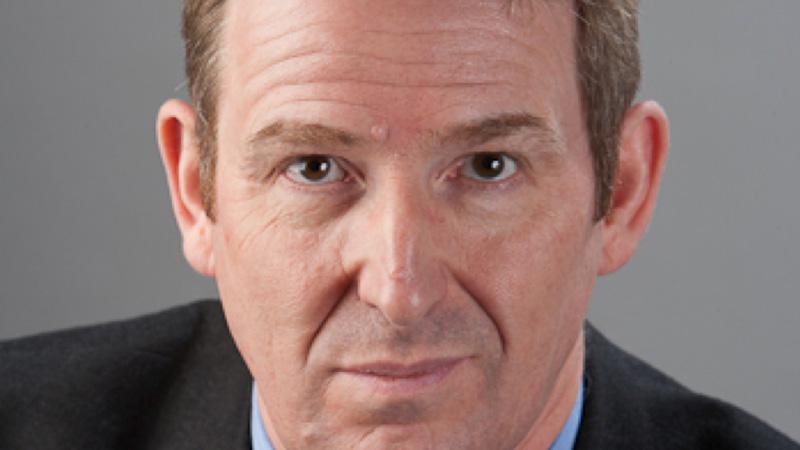Professor Brendon Noble, Head of the School of Life Sciences at the University of Westminster, has been appointed as the Chair of the Board for The Frozen Ark, a biobanking charity with the mission to safeguard the DNA, tissue and viable cells of the world’s endangered animals.

The Frozen Ark is a charity that works globally to freeze the DNA and cells of endangered species for use in breeding programmes and research. The charity collects samples of DNA, sperm cells and other tissue cells from deceased animals that are known to be on the at-risk list and carefully freezes the material in a process called cryopreservation for future use.
The charity achieves this by working with partners, including the Natural History Museum, the Zoological Society of London, the University of Nottingham, the University of Cardiff and a range of zoos worldwide. Genetic stored material can be used to introduce essential genetic diversity to small, at-risk populations of animals during breeding programmes, to study the reasons why a species is struggling to survive or simply to save the blueprint of an animal that might become extinct.
Professor Brendon Noble is an expert in the isolation and cryopreservation of stem cells for human medical use and has been working in the field of stem cell biology since 1989. He has co-founded two cell therapy companies and works with the UK Stem Cell Foundation. Professor Noble is familiar with the complexities and challenges associated with new cell therapy production for clinical use, and as a Trustee and Chair of the Board of The Frozen Ark, he has initiated some of the thinking around external communication and public engagement.
Alongside Professor Noble’s appointment, Dr Rhys Jones, star of BBC wildlife programmes and Senior Lecturer from Cardiff University, has been appointed as a Patron of the charity.
Talking about his appointment, Professor Brendon Noble said: “I am delighted to have been asked to Chair this important charity. Genetic diversity is what helps species survive extremes of climate change and habitat change. This is such essential work at this time. The fact that an expert of the calibre of Dr Rhys Jones has joined us as Patron is both marvellous and a testament to how seriously this work is being taken in conservation circles.”
Dr Rhys Jones said: “Joining the Frozen Ark Project as Patron is very exciting. During my scientific and broadcasting career I have witnessed first-hand the terrible pressure that animal species are under from climate change and human intervention. The Frozen Ark’s current crowd funder doubles your donation, and this will be used to collect material from invertebrate species across the UK. Insects, spiders, and worms are often overlooked but essential to our survival on this planet. Without them, biological systems would collapse, and many are important pollinators supporting plant life and the very food we eat.”
The Frozen Ark is currently fundraising for its Cool Bugs UK campaign with the aim to raise £20,000 to pay for staff and volunteers to collect samples of rare UK invertebrates and reverse the catastrophic decline of UK bugs.Donations can be made to the campaign through the Cool Bugs UK Aviva Community Fund.


